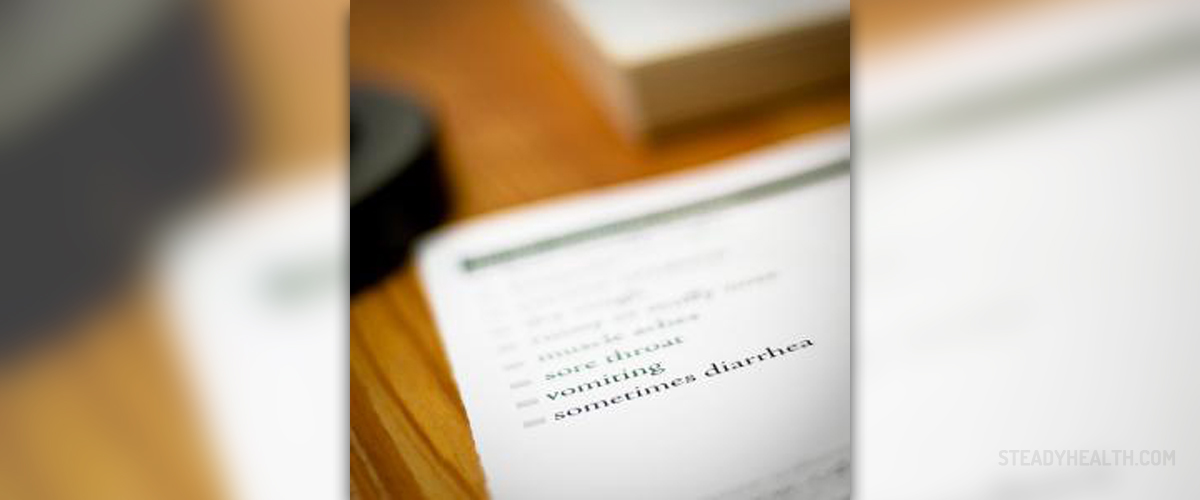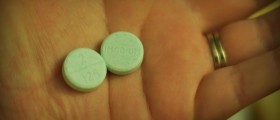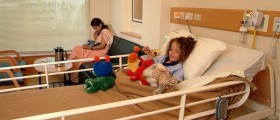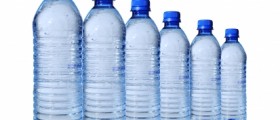
Diarrhea is not actually adisease, but it is a condition in which a person has three or more watery orloose stools a day. Diarrhea is considered to be a symptom of someinfection. Diarrhea can be acute or chronic. If acute diarrhea appears suddenlyit is not very serious, but when it lasts for more then two weeks, than it ischronic, and is result of, for example, an inflammatory bowel disease orirritable bowel syndrome. The most frequent causes of diarrhea includeviruses, bacteria, parasites, and many medications. Other causes are lactose,fructose, artificial sweeteners, and sugary.
The most common symptoms thataccompany diarrhea are abdominal cramps or stomach pain, alternatingconstipation, an urgent need to use the bathroom, and inability to control thebowels. Other signs such as bloating, nausea, fever, vomiting, and chill arealso likely to appear. Mucus and blood in stool or watery, loose and frequentstool are, furthermore, also possible symptoms of diarrhea. Usually the personwho suffers from diarrhea can feel sick to the stomach or have pain in musclesand joints. Headache is also one of the symptoms which go along with diarrhea.
As we have already mentioned,diarrhea is not a disease and is not usually considered to be a seriousdisorder, but there are several cases where it can be dangerous and when it isextremely important to visit the doctor. If the person has diarrhea for morethan three days and has the high temperature, or severe pain in the abdomen orrectum, he should consult the doctor. Another case when the medical help or atleast advice is necessary is when the person has the stool which is bloody orblack. Diarrhea can cause dehydration, and, in such case the typical sighswould be dry mouth or skin, excessive thirst, little urination and dark-coloredurine, accompanied with weakness and dizziness. In children diarrhea must bereported to the doctor.
Since the acute diarrhea is notserious for the health of the person who suffers from it, usually it is nottreated because our immune system is strong enough to fight it alone. There aresome things that we can do in order to alleviate the symptoms. As diarrheaoften causes dehydration, it is highly recommended to drink as much water orother fluids as we can. The physician can prescribe some rehydration drinksthat regulate the level of water, salt and sugar in the body. Eating a lot isalso advisable. There are some anti-diarrhea medicines that can ease thesymptoms such as lope amide, but it must not be used in children, or if theperson has high temperature or has blood in the stool. If headache or feverappear, ibuprofen and paracetamol can be very effective.



_f_280x120.jpg)













Your thoughts on this
Loading...